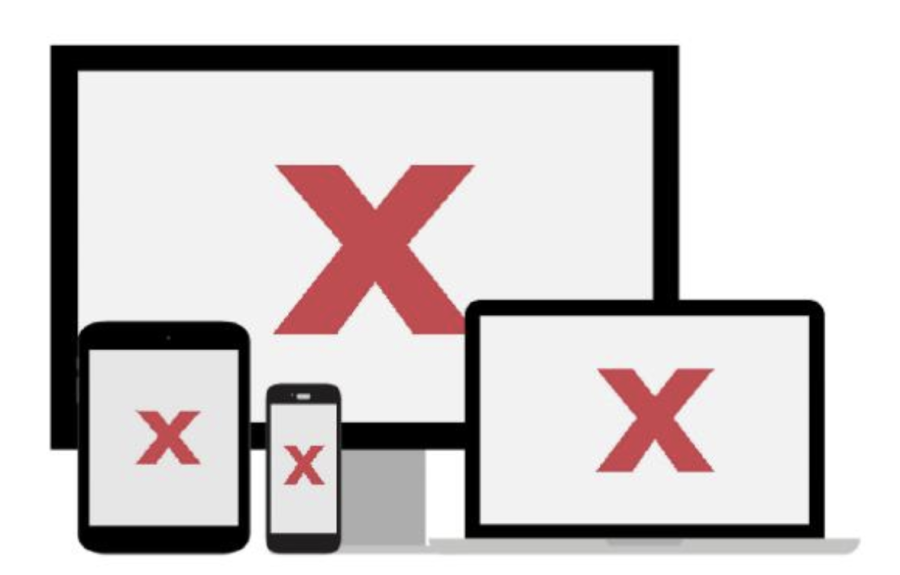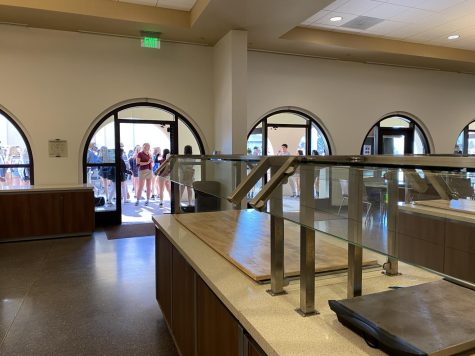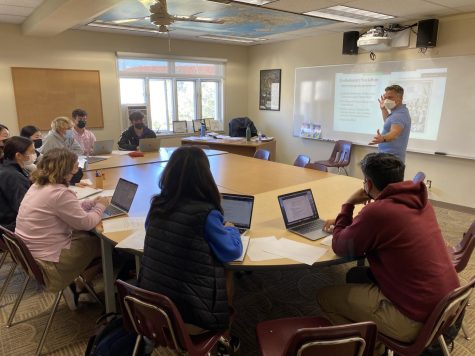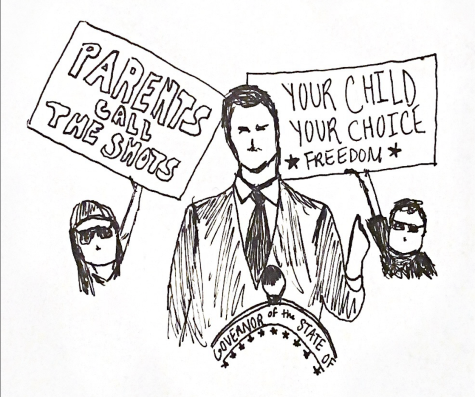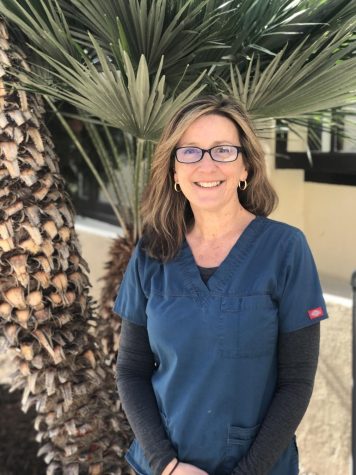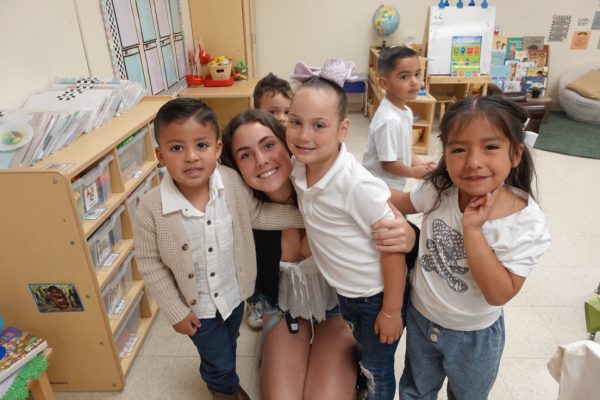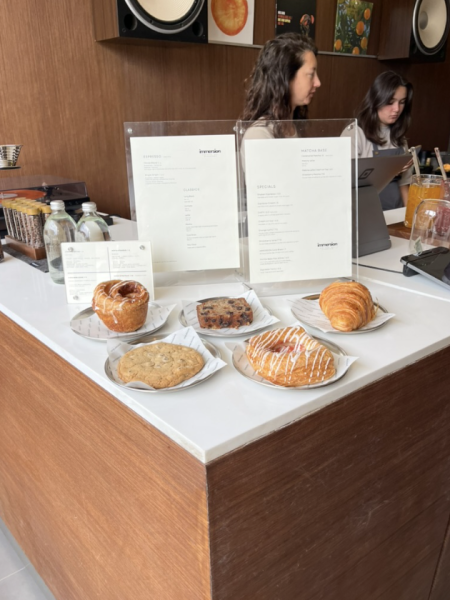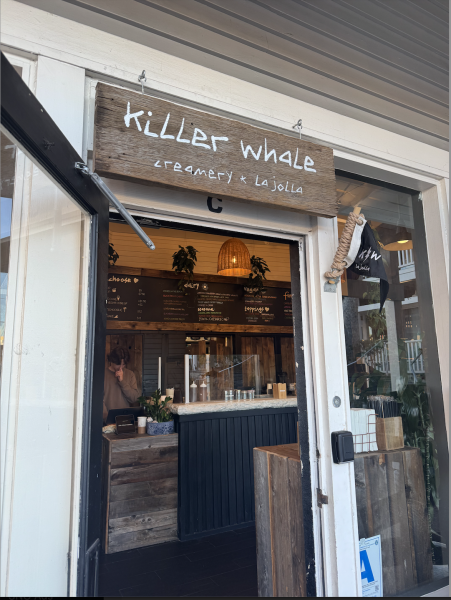School Closures: The Difficulties of Online Learning for Public Schools
In 2017, approximately 15.6% of children aged 6-17 in California had no Wi-Fi in their houses.
For Bishop’s, the transition to online classes can mean a number of things, from an extra hour of sleep to a few arguments about uniforms, but for other students across the United States, online schooling is not even a possibility. Some students do not have secure access to Internet or food, so many schools have chosen to simply cancel classes until COVID-19 is less of an imminent concern, instead of continuing lessons through the Internet.
In 2017, approximately 15.6% of school-aged children—ages six to 17—had no WiFi in their houses. Disparities regarding internet access are already a crucial issue because they give lower-income students a significant disadvantage. It makes it impossible for some students to continue their education during this time. Michelle Polo-Thorpe, a New Jersey seventh grade teacher, explained that only 11 out of her class of 30 students have an available device in their house. Technology supervisor Deborah Rigoglios—also from New Jersey—noted that “In this day and age, you assume everybody has access to the internet, but that doesn’t seem to be the case.”
Even though Spectrum Internet has begun to offer free WiFi and free installation to any children who live without it, some still lack devices to log on in the first place. Due to this, many schools have decided to cancel school rather than move it online.
In addition to a lack of Internet, many children lack access to food. More than 11 million children across the United States (almost 20 percent) live in houses that are labeled as “food insecure,” which is defined as a lack of consistent food necessary to lead a comfortable lifestyle. One in seven are hungry. In San Diego, many students rely on the cafeteria lunch they receive. This poses severe problems during select times of the year, namely the summer; without food for the school, many kids go hungry. As schools either close or switch to distance learning this year, however, summer has come early. Combining this with the number of adults out of work, stores shutting down, and many jobs being put on pause, many families’ finances are suffering.
Organizations across the United States are serving meals in public locations such as schools, free to anyone of 18 years or younger. Chef José Andrés, founder of World Central Kitchen, has transformed many of his restaurants into community kitchens with free or inexpensive to-go lunches. However, these congregations can defeat the purpose of social distancing, exacerbating the spread of the virus.
On Sunday, March 15, New York City Mayor Bill de Blasio announced the closure of all schools in the city. “I have no words for how horrible it is, but it has become necessary,” he explained. Chancellor of the New York City Department of Education Richard Carranza noted how hard they had striven to avoid this outcome: “We’re at the last resort.”

Clare Malhotra was born in Boston, Massachusetts and moved to La Jolla at age nine. She is currently a senior, and this is her third year on The Tower....


